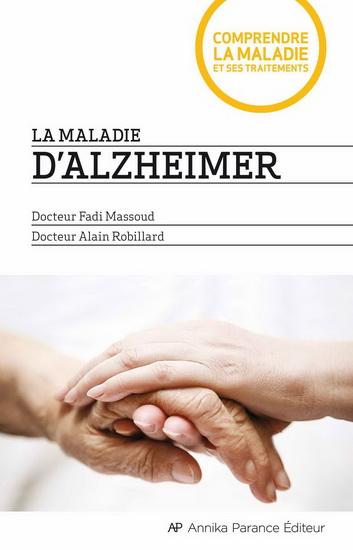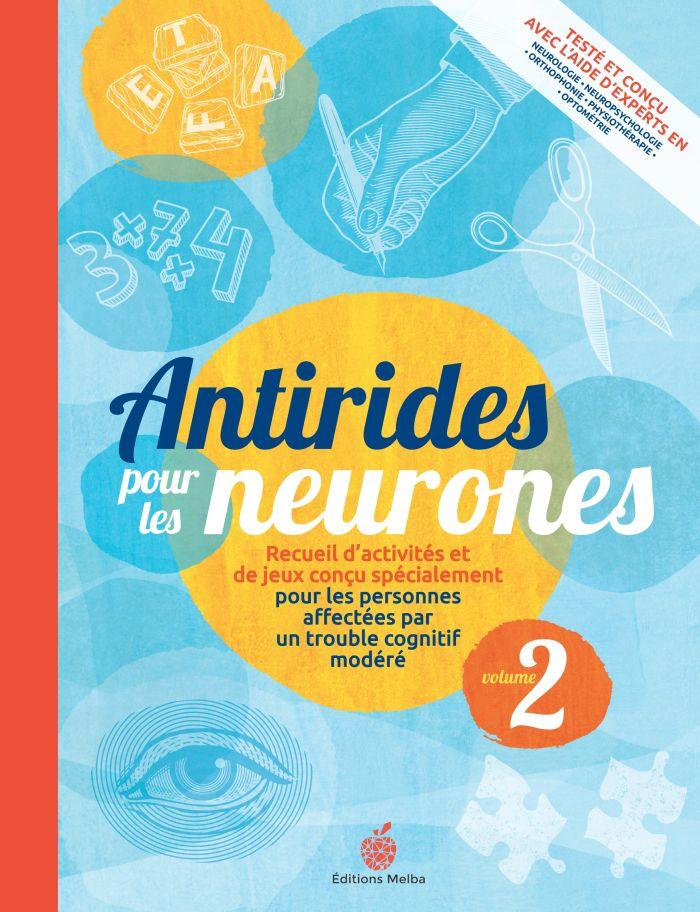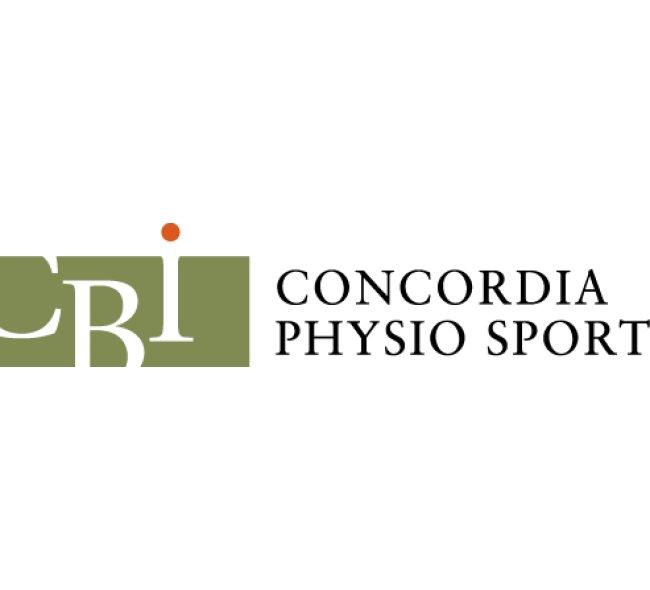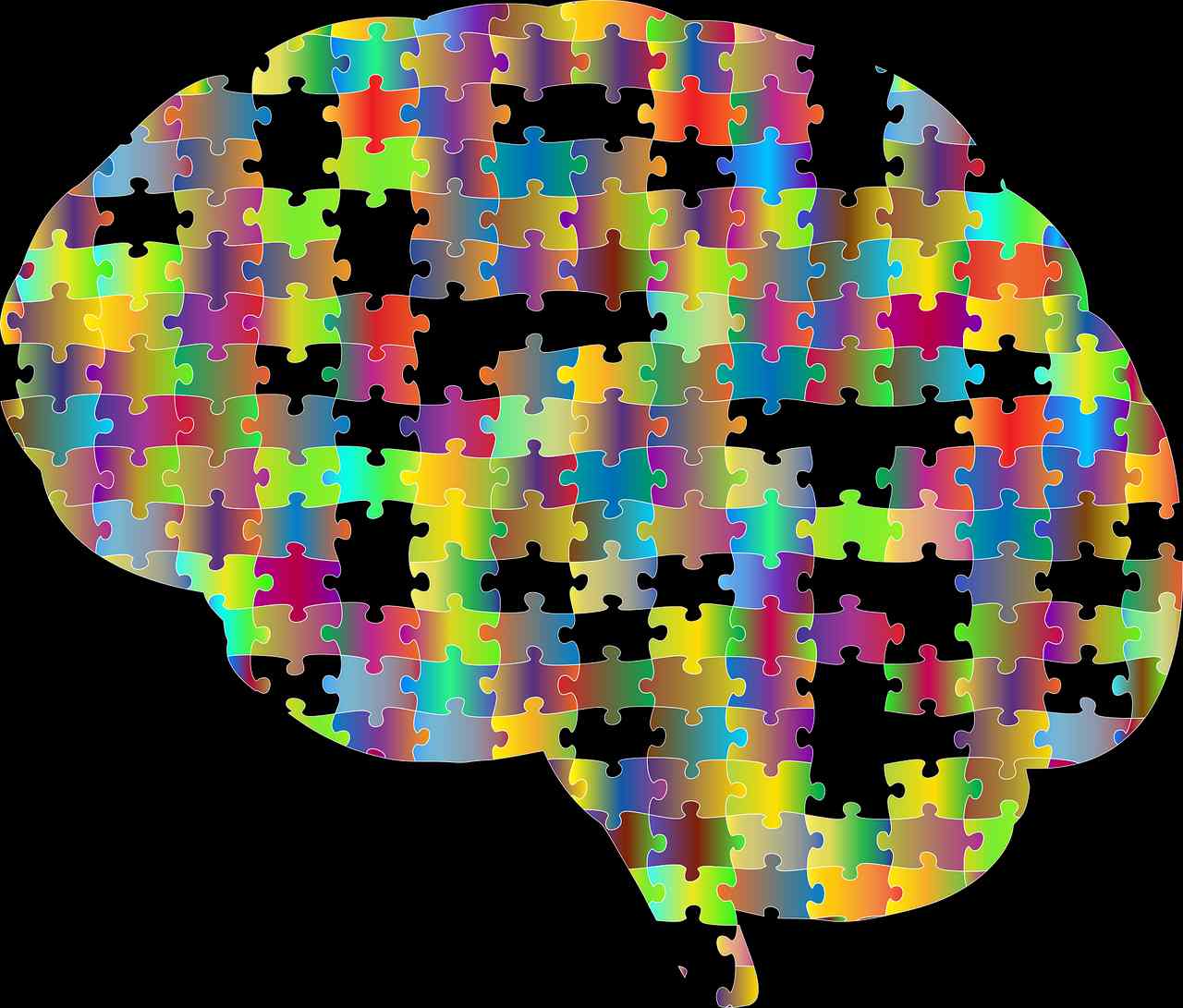
What Are the Risk Factors for Alzheimer’s Disease?
Scientific research on Alzheimer’s disease progresses everyday. Through it, certain risk factors to Alzheimer’s were identified and the good news is that some of them are under our control! This means that despite not yet being curable, Alzheimer’s disease can be partially prevented. We have separated the risk factors into non-modifiable and modifiable ones. By paying attention to the modifiable risk factors, you can reduce your chances of developing the disease. This is particularly true for the modifiable factors; working on them will help you lower your odds of developing Alzheimer’s disease.
Non-modifiable risk factors
1. Age
Aging is the main risk factor to developing Alzheimer’s disease. Though Alzheimer’s is not part of normal aging, odds of developing it greatly increases with chronological age. About 5% of people above 65 years old have Alzheimer’s and this percentage increases by about 5% with each increment of 5 years. This means that more than 30% of people above 90 years old will have Alzheimer’s disease or another type of dementia (read about The Difference between Alzheimer and Dementia).
2. Genetics
Our genes affect our risk of developing Alzheimer’s disease; however, people who develop Alzheimer’s due to a genetic mutation are diagnosed at a young age–before 60, and they represent a very small portion of all cases of Alzheimer’s disease. The cases that are diagnosed after 60 years old are rarely associated to a strong genetic factor. In fact, in most cases, genes do not have a more important impact than the modifiable risk factors described below. This should reassure those who have relatives suffering from Alzheimer’s disease.
3. Education
Education level is considered an non-modifiable risk factor. Having a high level of education and holding a job that is cognitively demanding protect us from developing Alzheimer’s. One plausible explanation: by having a higher level of education and a more demanding job, the brain developed greater cognitive reserve. More cognitive reserve then allows the brain to better cope with the early impacts of Alzheimer’s disease. It’s important though to make a distinction between education level and cognitive stimulation exercises. Indeed, these may help improve current brain function, but it’s impossible to go back in time to add a few years of schooling to improve our cognitive reserve! Have a look at our article: Cognitive Training, Does it Work?
Modifiable risk factors
Here are the risk factors that we can control: 4. Cardiovascular risk factors: hypertension, cholesterol, diabetes, smoking, and obesity Cardiovascular risk factors are the most important ones. These factors are linked to the health of our heart and blood vessels. Having high blood pressure (hypertension) or a high cholesterol level increases the risk of Alzheimer’s. Diabetes does so as well, particularly if it is not well-controlled. We also know that smoking and being obese is linked to poor cardiovascular health. What is good for the heart is good for the brain! Keep in mind that the best time to lower vascular risk is in middle age (40-60 years old) and not in the later years. 5. Sedentary lifestyle and lack of exercise Although this has not been proven as conclusively as for the other cardiovascular risk factors, exercising regularly is associated with a lower risk of developing Alzheimer’s disease. Physical activity is good for the heart and muscles and most probably helps the mind and the brain.
6. Social isolation and depression
Studies show that people who are isolated or show symptoms of depression have a higher likelihood of developing Alzheimer’s disease than those who remain well connected and are not depressed. Proving that social isolation and depression cause Alzheimer’s is difficult, but one thing is clear: keeping and maintaining social activities is fun, important, and all the better if it protects you from developing Alzheimer’s disease.
The take-home message
It’s currently impossible to completely eliminate the possibility of one day developing Alzheimer’s disease. But we can clearly and significantly lower our risk by maintaining the best cardiovascular health. This also means keeping good lifestyles habits (exercice, nutrition, social contact, etc.) and making resolutions to change them if needed. The best time to do it is the middle ages: prevention needs to start early!































